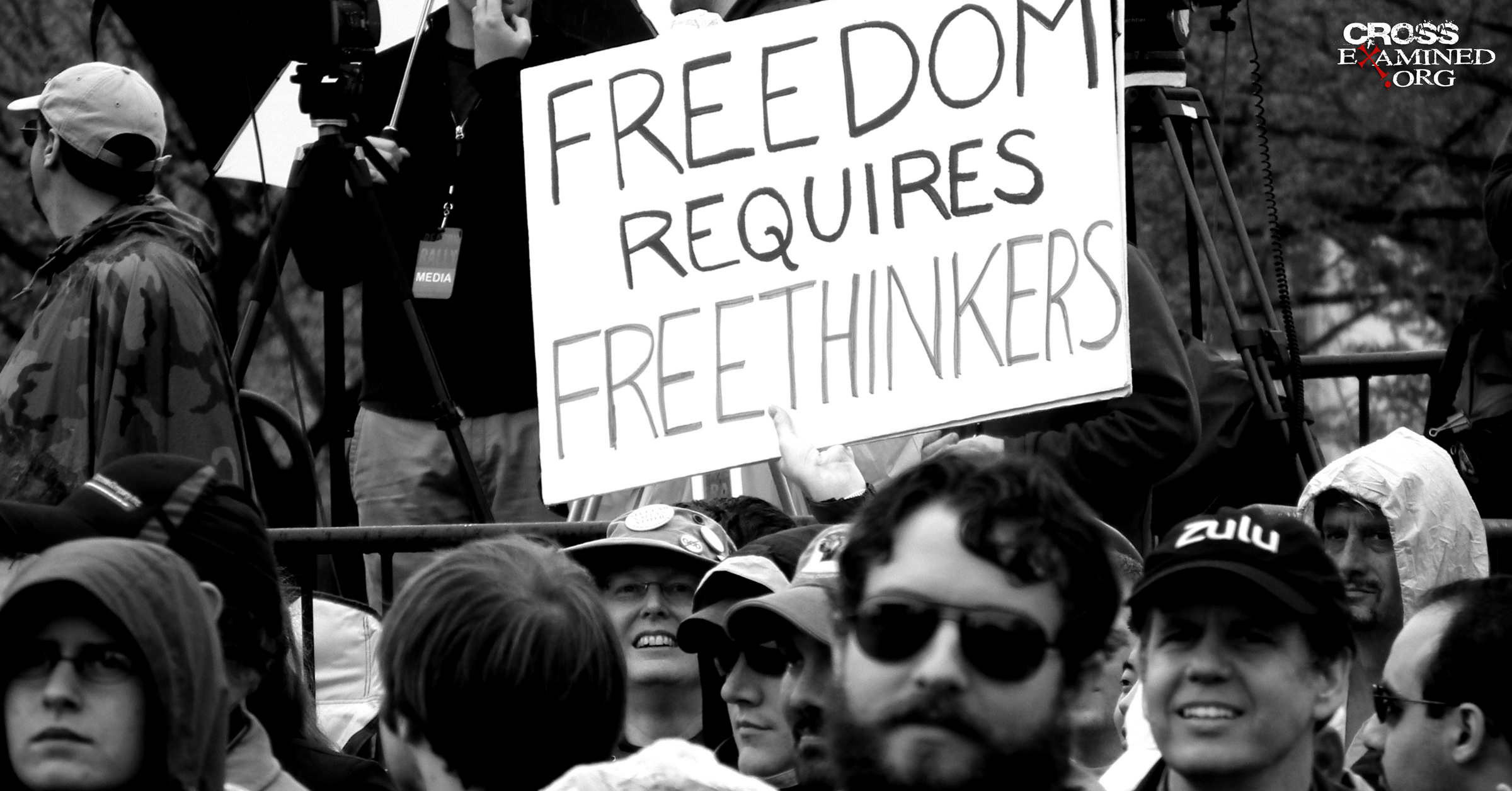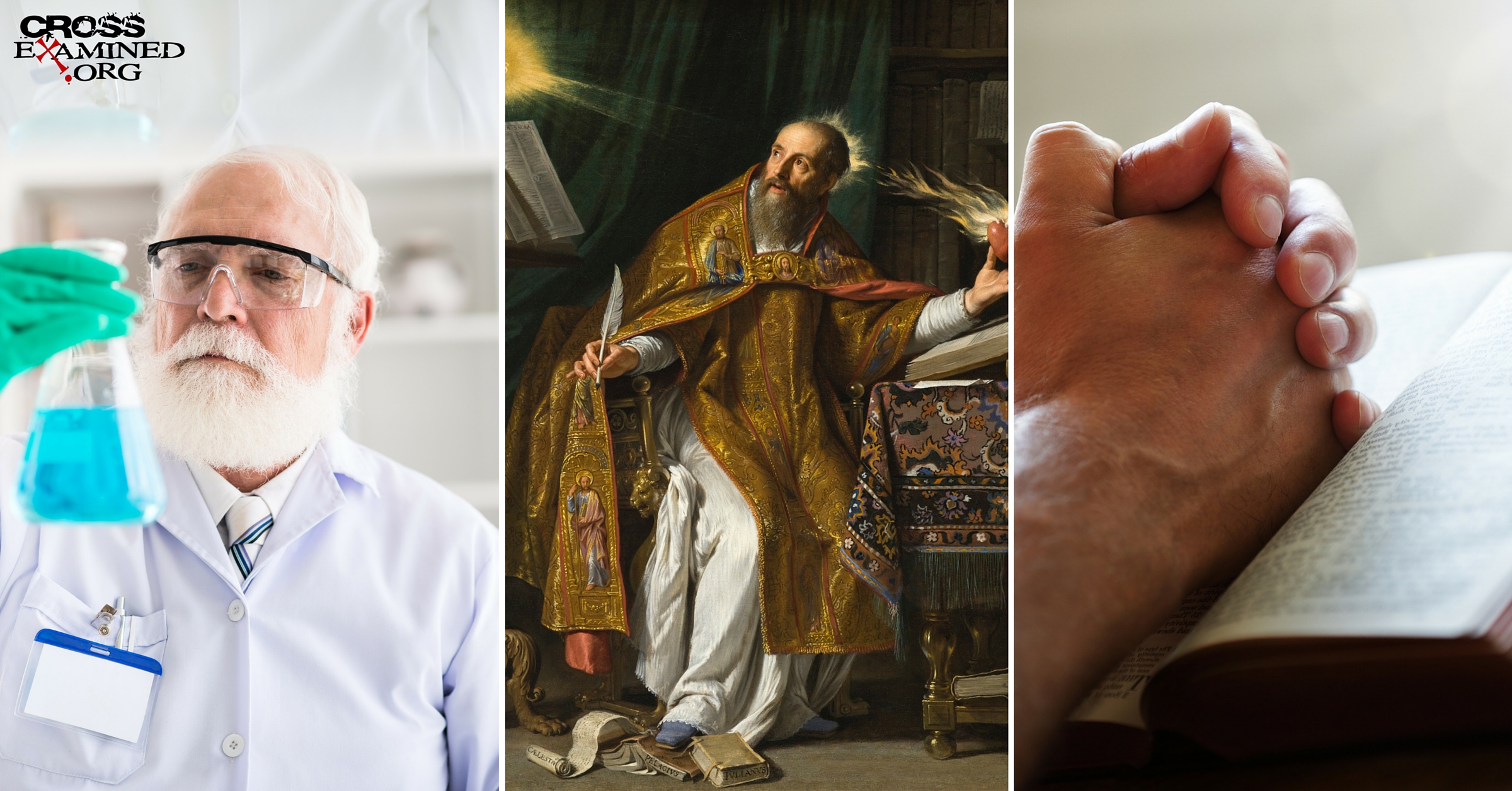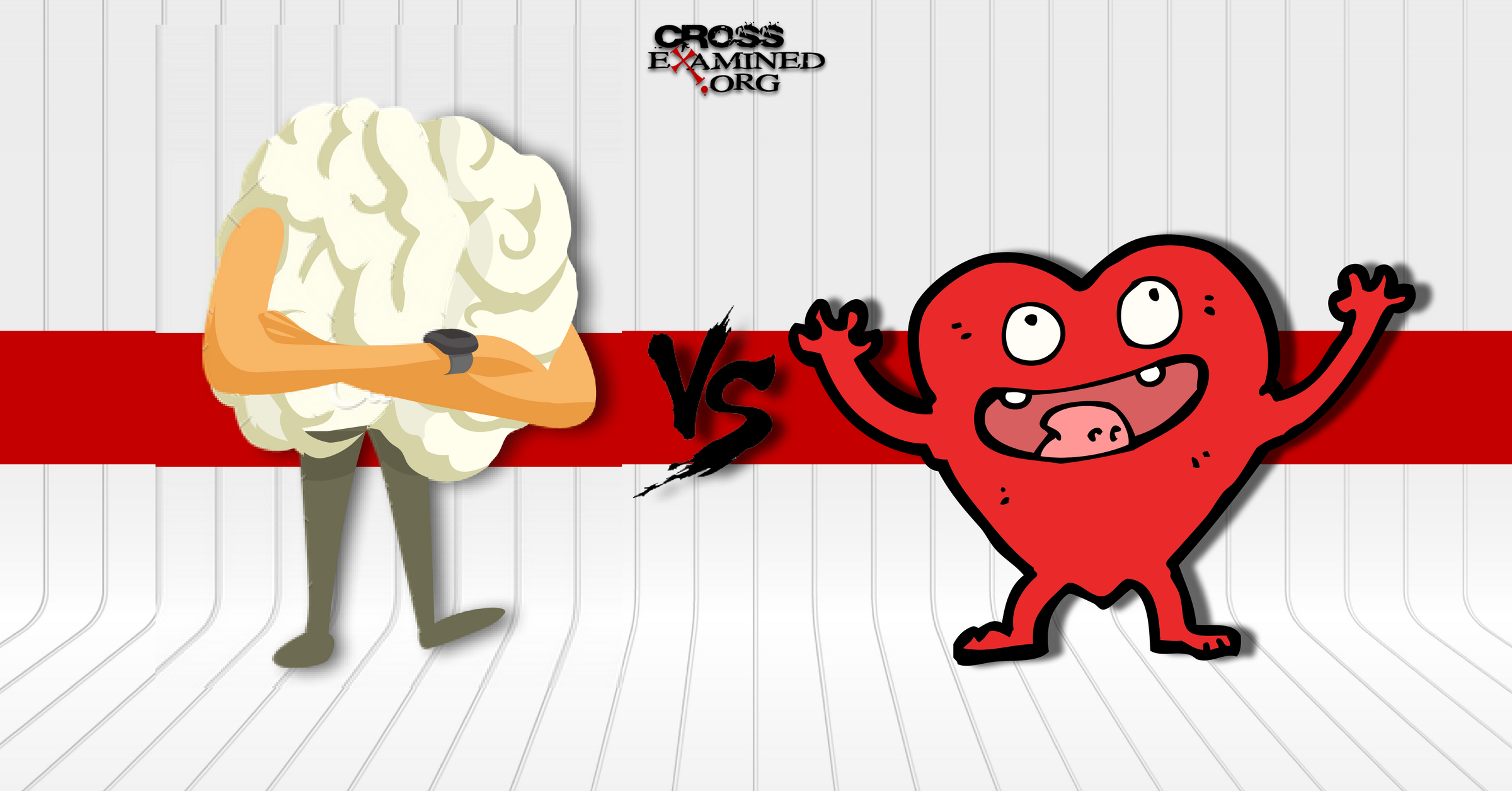According to recent research, the coming generations have no use for Christianity anymore. I’m sure you’ve seen what these sociological studies have found: the younger the generation, the more post-Christian it is. Young Americans are less inclined to believe in heaven and hell, that scripture is the word of God, that Satan is real, or that God even exists. They pray less, go to church less, and give less money to the church than the older generations.
Many are abandoning Christianity altogether.
One out of five adults considers themselves to be “former Christians.” And to put this in perspective, it means that there are four former Christians for every new convert to Christianity. In fact, the “former Christians” combined with atheists and agnostics now comprise one of the largest religious groups in America, the religiously unaffiliated. And the largest percentage of them are young adults. One out of three young adults claims no religious affiliation.
So why have the younger generations walked away from the faith and what can we do about it? Is it merely that they don’t believe it’s true or useful anymore?
I think an answer is found in Deuteronomy. The sixth chapter teaches us that it is the responsibility of the older generations to pass on the word of God to the younger generations. Particularly, it is the job of parents. Our children must learn from us what it means to follow God.
Have they? Have they learned from us?
Our children have learned many things from us, I’m sure. We have taught them the importance of education. We have paid for tutors and piano lessons. We have plugged them into sports and paid for private athletic training. We have done so much to prepare them for adulthood. But have we passed on to them the thing of greatest importance?
At this point, I can answer with good confidence the question Why have the younger generations abandoned Christianity? The answer is because we have.
Or if we haven’t abandoned it ourselves, we certainly have not passed it on to the next generation. Study after study shows us what we already know to be true. Virtually no young adult knows what the Bible teaches. Young adults simply don’t know anything about Christianity. I’m not sure, then, that it is right to say that young adults are walking away from Christianity. It seems as though they’ve never been introduced to it.
So what are to do? It is simple. Know God’s word yourself and teach it to the next generation. But we must not only teach it. We must use it ourselves. One of the impressive things about the younger generations is that they can spot a phony a mile away. Younger generations need to see Christianity, not just hear about it.
I taught high school for seven years. “It was the best of times; it was the worst of times.” I’m kidding. I love high school students. Do you know what question students ask more than any other? It’s, “When am I ever going to use this?” And this is precisely the right question for a student to ask.
I wonder. Have our young adults seen an answer to “when they are ever going to use Christianity?” Have they seen it go well for us because we have faithfully obeyed God’s word? Again, if we want the next generation to embrace the goodness of following Jesus Christ they must see it’s goodness in us. Therefore, do not only teach them the word of God but show it to them. Display its power in the way you live.
Finally, along with knowing God’s word and seeing us use it, the next generation must understand God’s word. Deuteronomy 6:20 tells us that we are to give our children an answer when they ask What is the meaning of God’s word? Sadly, far too many children and teenagers are met with a shush and a “just have faith” instead of an answer when they ask a sincere question about Christianity.
But God does not expect us to have blind faith. Moreover, He doesn’t want it. He does not ask us to merely follow because He said so end of story. He expects us and allows us to ask sincere and humble questions. For in asking genuine questions, one is seeking understanding. God wants us to love him with our mind. He wants true, sincere followers, not programmed machines.
So young adults. You should ask Why does God let bad things happen to good people?
You should ask How do you know the bible is the word of God and not some forgery?
You should ask How do you know Jesus actually rose from the dead?
You should ask Why should I follow God’s teachings?
And adult’s, you better get ready to give them an answer. But be encouraged for there are answers. Now, don’t be overwhelmed by this. It’s okay if you don’t have all the answers. Nobody does, well, except Google. You can trust everything you find on google.
Seriously, though, “I don’t know” is a perfectly acceptable answer to a question you don’t have an answer for. But “just have faith” isn’t. Do not tell our younger generations to be quiet, stop asking questions, just believe and fall in line. If you do, they will eventually fall out. And we are seeing precisely this happen every day.
Church, adults, parents- embrace the questions from the younger generations and find answers. They exist! Christianity is reasonable. It is true. It matches reality. It is the best explanation for the way things are. And it is the answer for all that is wrong.
So, may you know God’s word. May you teach God’s word. May you live out God’s word. And may you grow in understanding of God’s word. And may you and your son and your son’s son reap all the blessings that come from faithfully following Jesus Christ.
Michael C. Sherrard is a pastor, the director of Ratio Christi College Prep, and the author of Relational Apologetics. Booking info and such can be found at michaelcsherrard.com.
Original Blog Source: http://bit.ly/2L1HXGf










